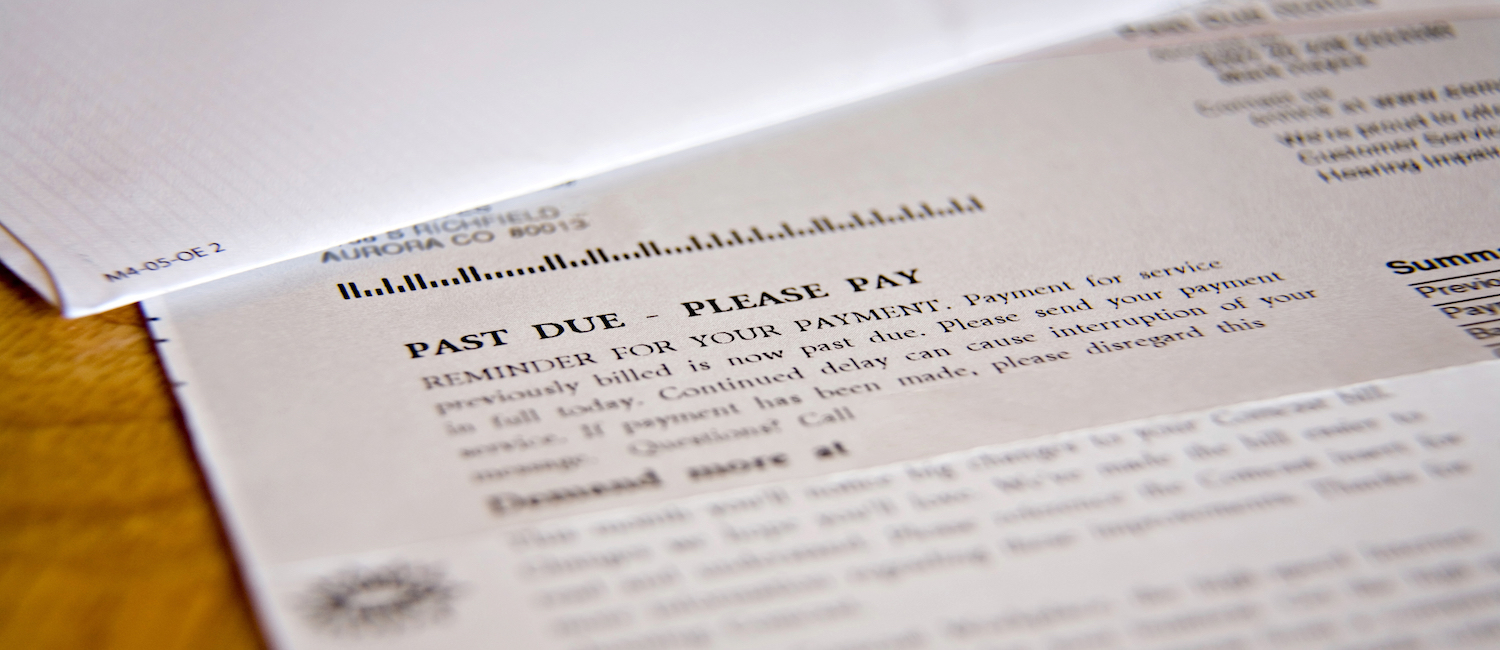
Falling behind on rent can be stressful, and rent arrears can quickly spiral into serious financial trouble. If you’re struggling to pay rent, you’re not alone—many renters face this challenge at some point. But the good news is, there are ways to prevent and escape rent arrears before they impact your credit score, rental history, and future housing options.
Whether you’re renting a studio apartment in Chicago or settling into a cozy apartment in Seattle, understanding what arrears mean and how to handle them is crucial for avoiding financial and legal troubles. In this ApartmentGuide article, we’ll break down arrears, their consequences, and how to avoid them.

What are rent arrears?
Arrears refer to overdue payments that have not been made by the due date. In the context of renting, this typically means unpaid rent or other charges owed to the landlord. When a tenant falls behind on payments, they are said to be “in arrears.”
Types of rent arrears you should know about
There are generally two main types of arrears when renting:
- Rent arrears – This occurs when a tenant fails to pay rent on time, leading to an outstanding balance. Landlords often have policies in place for handling rent arrears, including late fees or legal actions.
- Service charge arrears – In rental agreements that include service charges (such as utilities, maintenance, or security fees), arrears can also refer to unpaid charges related to these services.
Causes of rent arrears
Rent arrears can occur for several reasons, including:
- Financial difficulties – A tenant may experience job loss, unexpected expenses, or financial hardship.
- Miscommunication – A lack of clarity regarding payment due dates or amounts owed can lead to unintentional arrears.
- Banking issues – Payment failures due to insufficient funds, bank errors, or delays in processing transactions.
- Disputes with the landlord – Some tenants withhold rent due to unresolved maintenance issues or disagreements over lease terms.
Consequences of rent arrears
Falling into arrears can lead to serious consequences for tenants, including:
- Late fees and interest – Many rental agreements include penalties for late payments.
- Legal action – If arrears continue to accumulate, landlords may issue eviction notices or take tenants to court.
- Negative impact on credit score – If a landlord reports arrears to a credit agency, it can affect the tenant’s ability to secure future housing or loans.
- Difficulty renting in the future – Many landlords check rental history, and a record of arrears can make it harder to be approved for a new lease.

How to avoid and get out of rent arrears
Falling behind on rent can be stressful, but there are proactive steps you can take to prevent and resolve rent arrears before they escalate.
How to avoid rent arrears
- Stick to a budget. Track your income and expenses to ensure rent is always a top priority. Consider setting aside a portion of each paycheck for rent.
- Set up automatic payments. Schedule direct transfers or reminders to avoid missing due dates.
- Build an emergency fund. Even a small savings cushion can help cover unexpected financial setbacks.
- Communicate with your landlord early. If you anticipate payment delays, informing your landlord in advance can open up options like extensions or temporary adjustments.
How to get out of rent arrears
- Talk to your landlord ASAP. Many landlords prefer working out a solution rather than pursuing eviction. Be upfront and ask about payment plan options.
- Negotiate a repayment plan. If you’re behind on rent, see if you can spread overdue payments across several months.
- Seek financial assistance. Look into government programs, charities, or local rental assistance programs that can help cover unpaid rent.
- Find ways to increase income. Consider short-term solutions like freelancing, part-time work, or selling unused items to make up the shortfall.
- Explore tenant rights and protections. Depending on your location, laws may protect renters from immediate eviction due to rent arrears—knowing your rights can buy you time.
What happens if I can’t pay my arrears?
If you are unable to pay your arrears, it’s crucial to act quickly. Contact your landlord to discuss possible options, such as a payment plan or temporary rent reduction. You may also be eligible for financial assistance from government or charity programs. Ignoring arrears can lead to eviction proceedings and damage to your credit history, making it harder to rent in the future. Seeking legal advice or tenant advocacy services can also provide additional support.

Rent arrears: Frequently asked questions
Q: What should I do if I fall into arrears?
A: If you fall into arrears, communicate with your landlord immediately, assess your financial situation, and explore options such as payment plans or financial assistance programs.
Q: Can a landlord evict me for rent arrears?
A: Yes, if you fail to pay rent consistently, your landlord may issue an eviction notice or take legal action, depending on local laws and the terms of your lease agreement.
Q: Will rent arrears affect my credit score?
A: If your landlord reports arrears to a credit agency or takes legal action, it could negatively impact your credit score and affect your ability to rent in the future.
Q: Can I negotiate a payment plan with my landlord?
A: Yes, many landlords prefer to set up a payment plan rather than evict a tenant. Be proactive and ask about spreading out overdue payments to make them more manageable.
Q: Are there financial assistance programs for tenants in arrears?
A: Yes, various government and non-profit organizations offer rental assistance programs to help tenants struggling with arrears. Check local housing resources or tenant advocacy groups for support.



